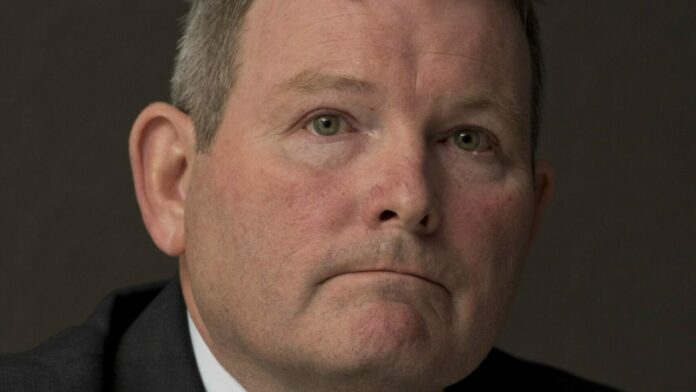
NORTHAM Platinum has forecast an extended slump in platinum group metal (PGM) prices of up to two years placing “significant pressure on earnings and cash generation”.
Commenting in his firm’s financial and operating results for the six months ended December, Northam CEO Paul Dunne said: “We anticipate the depressed pricing environment will continue over the next 12 to 24 months, placing significant pressure on earnings and cash generation across the PGM mining sector”.
Dunne correctly called the impact of the current slump in PGM prices saying last year the market didn’t realise the extent of correction then underway. It was on this basis that he controversially withdrew Northam’s offer for Royal Bafokeng Platinum (RBPlat).
For the six months period under review, Northam reported a 91.4% decline in share earnings to 136.5 cents compared to earnings of R15.96/share a year ago. Seeing as Northam contained unit costs 6.7% the performance was largely driven by price (as well as a 25% decline in metal sales).
The average rand basket price for the six months was R24,269/oz, a year-on-year decline of 42.3% with palladium and rhodium the chief culprits down 41% and 69.7% in price respectively.
“The palladium price has been impacted by a downturn in global demand for internal combustion-engined automobiles driven by the current depressed global economic climate and high interest rates,” said Dunne. “Rhodium has been affected by substitution for platinum in the fibreglass industry, which has led to a lower price.”
Northam is the last of the major PGM producers to report numbers for the last six months which have been characterised by capital and production cuts, job losses and write-downs totalling billions of rands.
On Wednesday, Northam’s rival for RBPlat, Impala Platinum, said it was phasing out production of about 300,000 oz over the next five years and was considering restructuring the RBPlat shafts for which the two companies duelled furiously for 18 months. It hoped to save R10bn in capital expenditure over the period.
Dunne said in a presentation later on Friday that primary supply of PGMs would fall by two million ounces a year by 2030 to a total of four million oz. But he also indicated that current pricing, which he hoped represented the bottom of the market, was unsustainable. “There are a lot of sizeable, quality, long-dated assets that are now underwater.
“If the world wants PGMs, the basket price will have to support production effort and reward the mining industry for the risk taken. I would like to believe this is the bottom but we already have a very bloody picture.”
Northam’s has also been negatively affected in the period. In a trading statement on February 19, Northam announced the curtailment, deferral and pause in certain capital projects including its Zondereinde’s Western Extension project and the development of declines at Booysendal. At its Eland mine, development of decline systems had been temporarily paused.
It said at the time: “A raft of global geopolitical issues has the potential to cause further disruption to PGM markets and metal prices, whilst the potential for further and more severe Eskom load curtailment events could lead to additional operational disruptions”.
Despite the market pressure, Northam today declared a R1/share dividend and said that having sold its 34.5% stake in RBPlat for about R11bn, it had a strong balance sheet. Net debt was reduced to R2.4bn as of December 31.
“Preservation and prudent management of liquidity is now of utmost importance to ensure the sustainability of our operations as we focus on protecting the interests of our shareholders and the broader stakeholder base,” said Dunne.









